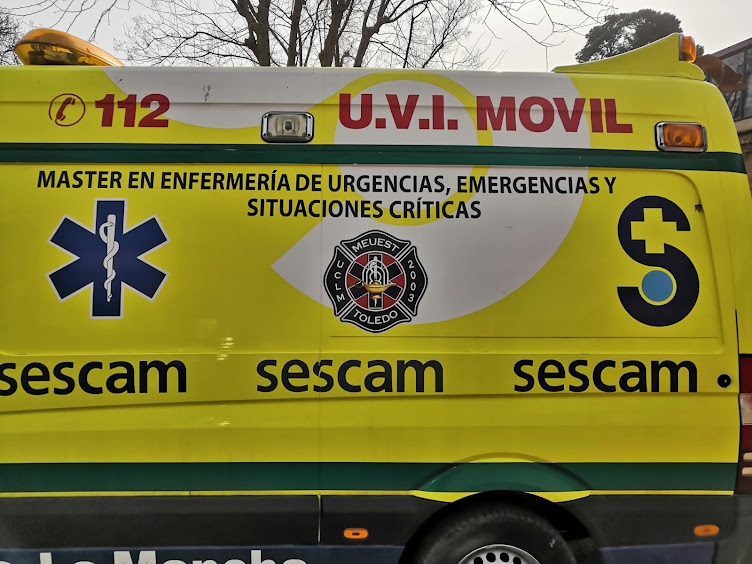
The ResQ-Pump and ResQ-Pod kits used in the study
Un nuevo método de resucitación cardiopulmonar dobla la tasa de supervivencia con buena función cerebral
La nueva técnica incluye el uso de dos dispositivos que aumentan la circulación sanguínea y hacen que corazón y cerebro reciban cerca de tres veces más sangre en cada ciclo compresión-descompresión que con la técnica estándar
Un grupo de investigadores ha encontrado un nuevo método de resucitación cardiopulmonar que mejora en un 50 por ciento las tasas de supervivencia a largo plazo con buena función cerebral.
Este sistema de dispositivo dual no sólo aumenta las tasas de supervivencia, también puede mejorar la función cerebral después de un paro cardíaco, los autores de este trabajo recomendarán este método como nuevo estándar a la Asociación Americana del Corazón, pues es también un posible tratamiento para el 'shock' y las lesiones cerebrales, ya que mejora la llegada de sangre al cerebro y a otros tejidos.
La nueva técnica consiste en un aparato ('ResQPump') que funciona como una ventosa que se adhiere al tórax del paciente. Incluye una manivela para levantar, de forma manual, el tórax tras cada compresión, estimulando la circulación sanguínea.
Un segundo dispositivo ('ResQPOD') conecta las vías respiratorias del paciente con una máscara o un tubo para respirar y previene que el aire se precipite dentro de los pulmones mientras que el primer aparato eleva el tórax del afectado. Combinados, crean un mayor vacío que permite bombear la sangre al corazón y al cerebro de forma más eficaz.
######
Study Shows CPR Assistance Devices Boost Survival by 53 Percent
1/18/2011
A study published in the January 18, 2011 Lancet medical journal shows that CPR performed with two experimental devices can increase survival after an out-of-hospital cardiac event by 53 percent.
Beaumont Hospital, Royal Oak was one of 29 hospitals and 43 EMS agencies in seven U.S. locations that participated in the randomized trial of the ResQPump and ResQPOD CPR assistance devices. The study was supported by a grant from the National Institutes of Health.
The study compared survival rates of 813 cardiac arrest patients receiving standard CPR with 840 others receiving CPR with the two devices. The results showed use of the devices significantly increased a patient’s survival to hospital discharge with favorable brain function. Survival was also significantly higher one year after the cardiac event. Trial enrolment began in Oct. 2005; one-year follow-up of patients was completed in July 2010.
Robert Swor, D.O.
“This is one of the first studies that has shown a real benefit to using devices during CPR by EMS personnel,” says Robert Swor, D.O., study co-author and director, Emergency Research, Beaumont, Royal Oak. "The results are striking and, if replicated by others, will revolutionize how CPR is performed by professionals in the community. The most encouraging finding is that we were able to improve the quality of life of our survivors as well.”
More than 800,000 Europeans and North Americans experience cardiac arrest outside of a hospital each year with overall survival averaging 5 percent. Survival is poor, in part, because manual chest compressions and ventilation with CPR provides less than 25 percent of normal blood flow to the heart and brain.
According to Advanced Circulatory Systems, maker of the devices, the ResQ Pump helps rescuers tell how much force they must use during CPR chest compressions. It functions similar to a household plunger and pulls the chest back up, allowing more blood to flow back into the heart. The ResQPOD is designed to regulate air flow through the airway and, similarly, improves the amount of blood flow to the heart through a medical facemask to decrease respiratory pressure.
EMS agencies in the region that conducted this study included fire departments from Birmingham, Royal Oak, Ferndale and Sterling Heights. Alliance Mobile Health, which provides EMS services to Troy and Clawson, also participated in the study.

No hay comentarios:
Publicar un comentario